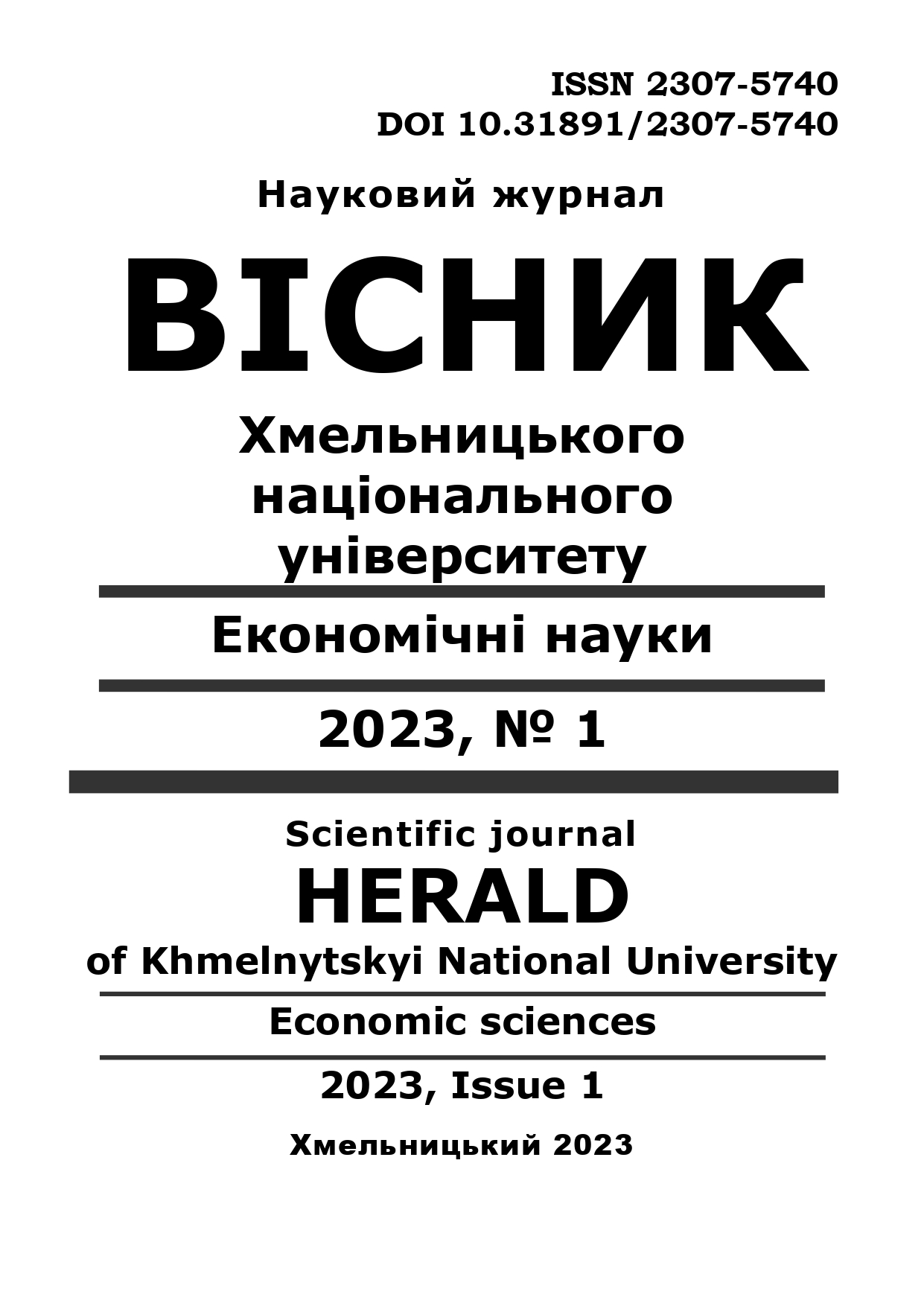FINANCIAL BENEFIT IN TRADE AND ECONOMIC RELATIONS BETWEEN UKRAINE AND THE EU
DOI:
https://doi.org/10.31891/2307-5740-2023-314-1-36Keywords:
international trade and economic relations, Ukraine – EU, free trade zone, trade integration, integration into the EUAbstract
The relevance of the research topic is accompanied by the importance of generalization and scientific substantiation of certain aspects of the functioning of trade and economic relations between Ukraine and the European Union, the place of the state in modern global processes with the aim of drawing lessons and outlining further tasks of state building and highlighting problematic issues and features of the country's current state. The article describes the stages of the formation of relations between Ukraine and the European Union, examines the state, problems and prospects of the implementation of Ukraine's European integration aspirations. The main external and internal factors of the formation of the foundations of the European integration policy of Ukraine are systematically considered. The main consequences of the functioning of the free trade zone between Ukraine and the European Union have been studied. The influence of the deepened free trade zone on the economic development of Ukraine and national priorities is analyzed.
It is emphasized that the main goal of Ukraine is to create conditions for joining the community of developed European countries through large-scale internal transformations. Ukraine's trade and economic relations with the European Union have become an inevitable political reality. European guidelines have become a practical reflection of a number of decisions and actions of official bodies of the Ukrainian state and the European Union. Attention is drawn to the fact that in the current foreign and domestic political situation, Ukraine's relations with the European Union are extremely important in this regard. It is not only about more or less active relations with a more powerful foreign partner, but also about Ukraine's ability to make strategic decisions for the future, which depends on the state's position and role in the new international order.


